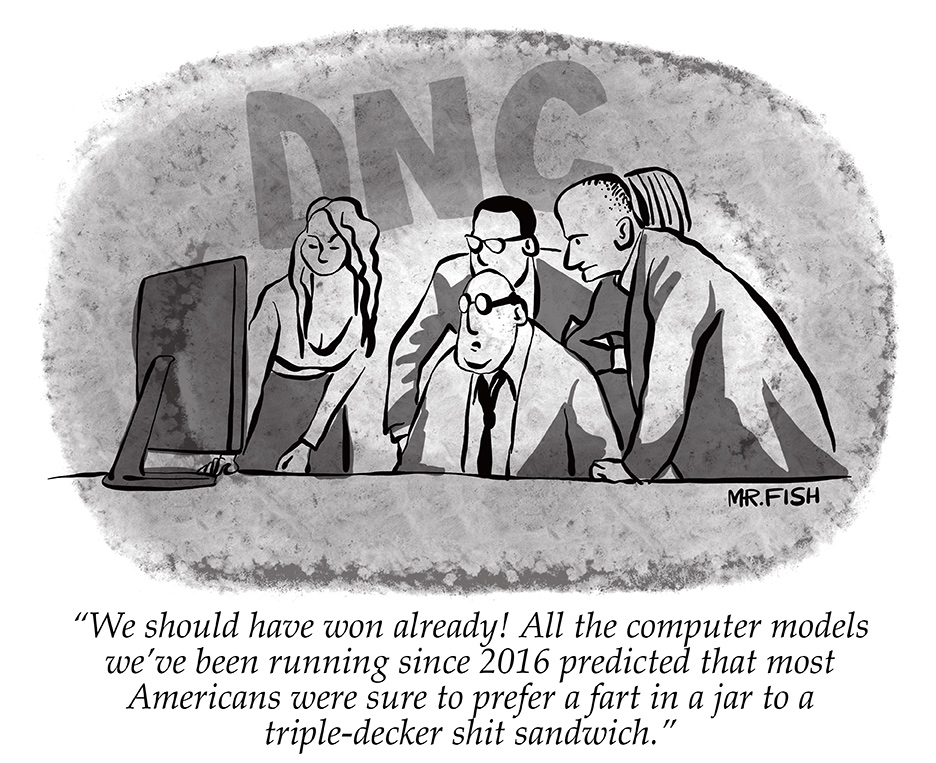


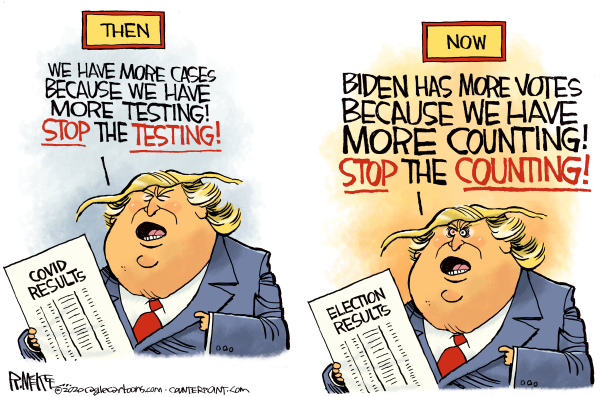

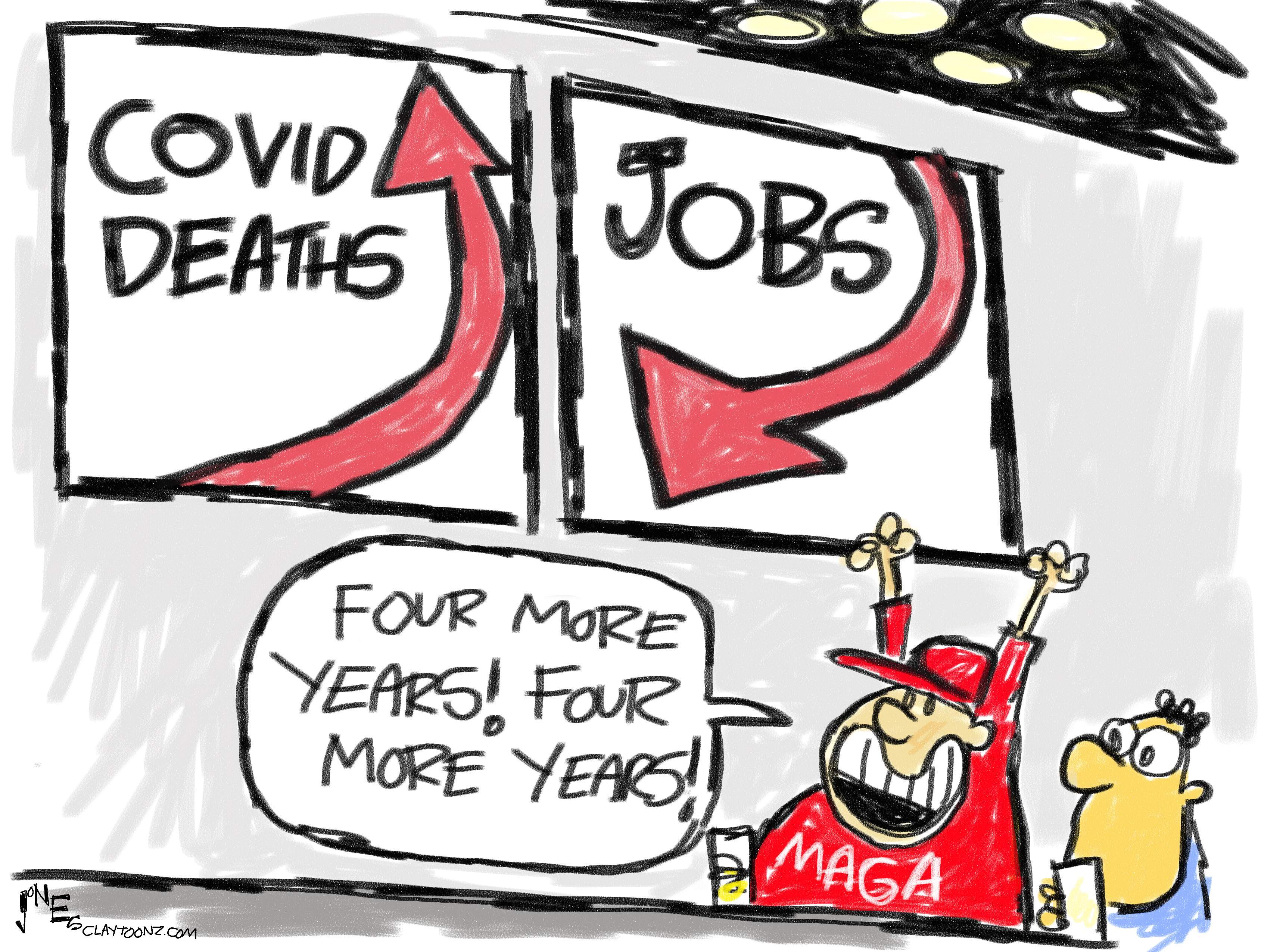
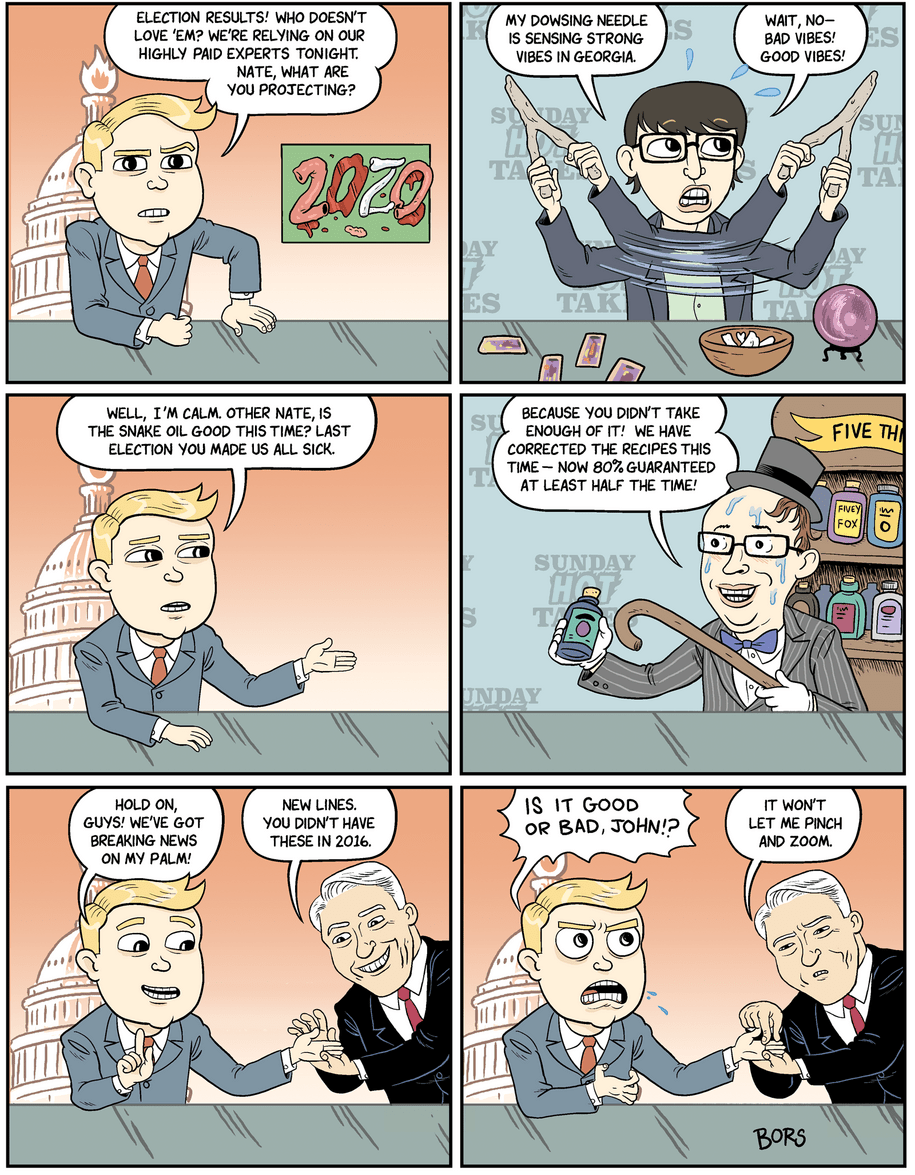
Post-Call:
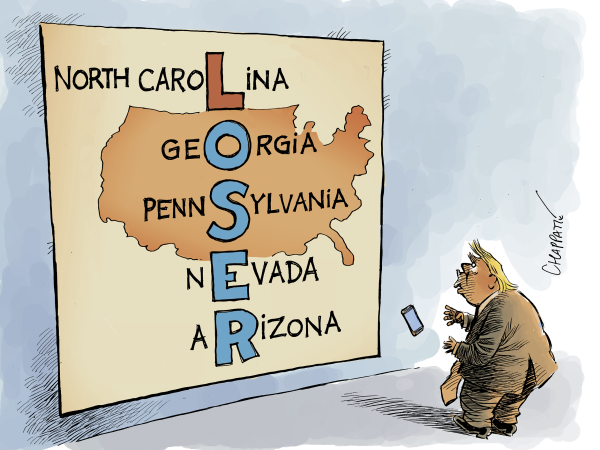
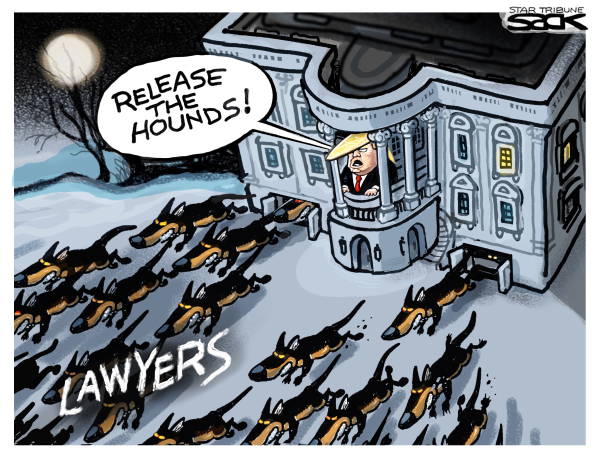


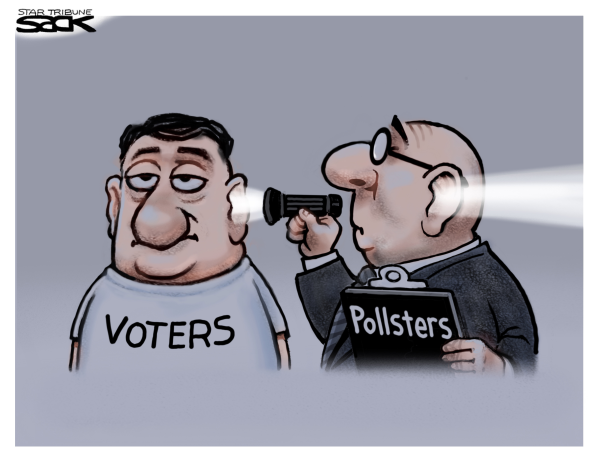
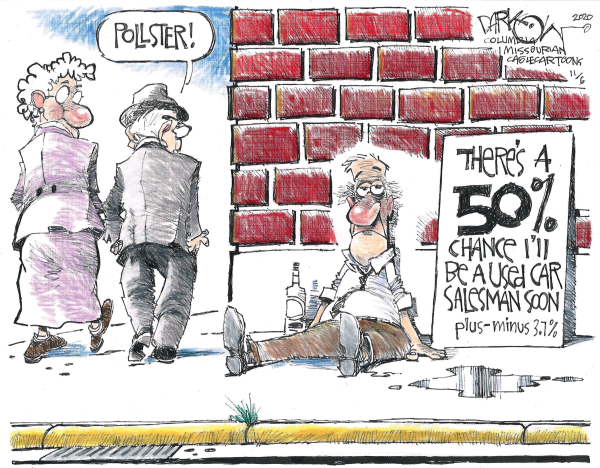

Iowa pollster Ann Selzer has long been considered the gold standard in her state. Selzer came in for fierce pushback from Democrats, especially on social media, when she released her final poll of her home state at the weekend.
Selzer's poll for the Des Moines Register showed Trump leading by 7 points in a state where other pollsters, including Quinnipiac University and Emerson, had him leading by a single point in their last polls.
On Wednesday afternoon, with 92 percent of the estimated votes counted in the Hawkeye State, Trump’s margin was exactly what Selzer had projected: seven points.
Robert Cahaly of Trafalgar Group is a more colorful and controversial figure than Selzer. Cahaly is a Republican, and he makes no bones about his belief that polls can be affected by a “social desirability bias” -- something that he thinks has a detrimental effect on Trump’s poll numbers.
Trafalgar’s final Wisconsin poll had Biden leading by 1 point, which is sure to be far more accurate than more high-profile competitors. The final New York Times/Siena poll in Wisconsin had Biden leading by 11 points, while ABC News/Washington Post will be eager to forget their own final survey which had the Democrat up by 17 points in the state.
The final RealClearPolitics state average in Wisconsin had Biden winning by almost 7 points. In Michigan, he was ahead by more than 4. Both states are likely to have very thin final margins.
As with Trump’s shock win four years ago, the Midwest appears to have been a particular problem for pollsters. Iowa and Ohio did not get as much of the spotlight as other states in the region, but they were nonetheless predicted to be highly competitive. Trump won both handily.
After 2016, pollsters insisted that they had improved their methods. Now, they face a whole raft of new questions.
Criticism was intense in some quarters Wednesday. Politico’s widely followed 'Playbook' newsletter was notably scathing. “The polling industry is a wreck,” it declared, “and should be blown up.”
Pollsters often seek comfort, and protection, from critics in asserting that pre-election surveys are not predictions. But the nearer they are to the election, the more reliable polls ought to be. And a number of individual pre-election polls were embarrassingly wide of the mark.
Indeed, the polling surprises were many and included Senate races such as those in Maine, where Susan Collins fended off a well-financed challenger to win a fifth term, and South Carolina, where Lindsey Graham rather easily won re-election despite polls that indicated a much closer race. Graham declared after his victory became clear: “To all the pollsters out there, you have no idea what you’re doing.”
It appears that Republicans will keep control of the U.S. Senate despite expectations, fueled by polls, that control of the upper house was likely to flip to the Democrats.
[...]
Factors that gave rise to this year’s embarrassment may not be clear for weeks or months, but it is no secret that election polling has been confronted with several challenges difficult to resolve. Among them is the declining response rates to telephone surveys conducted by operators using random dialing techniques.
That technique used to be considered the gold standard of survey research. But response rates to telephone-based polls have been in decline for years, forcing polling organizations to look to and experiment with other sampling methods, including internet-based techniques. But none of them has emerged as polling’s (panacea).
The United States was deeply polarized before and during the presidential campaign. It would be fanciful to think those wounds would have been bound up if Biden had won a more clear-cut victory.
The actual result, however, seems like the worst possible outcome on that score.
Trump has made vague but inflammatory accusations of “fraud,” including during an appearance at the White House in the early hours of Wednesday. There is every sign that he will intensify his efforts to call the outcome of the election into question.
The (recounts and court battles) are sure to fire up partisans on both sides even further, with each side accusing the other of trying to steal the election.
"All third party votes belong to Biden no matter how far right the candidates are" is a whole new level of resistance. https://t.co/GOjN7yKsBe
— Blue Check Beth! (@torstrick) November 5, 2020